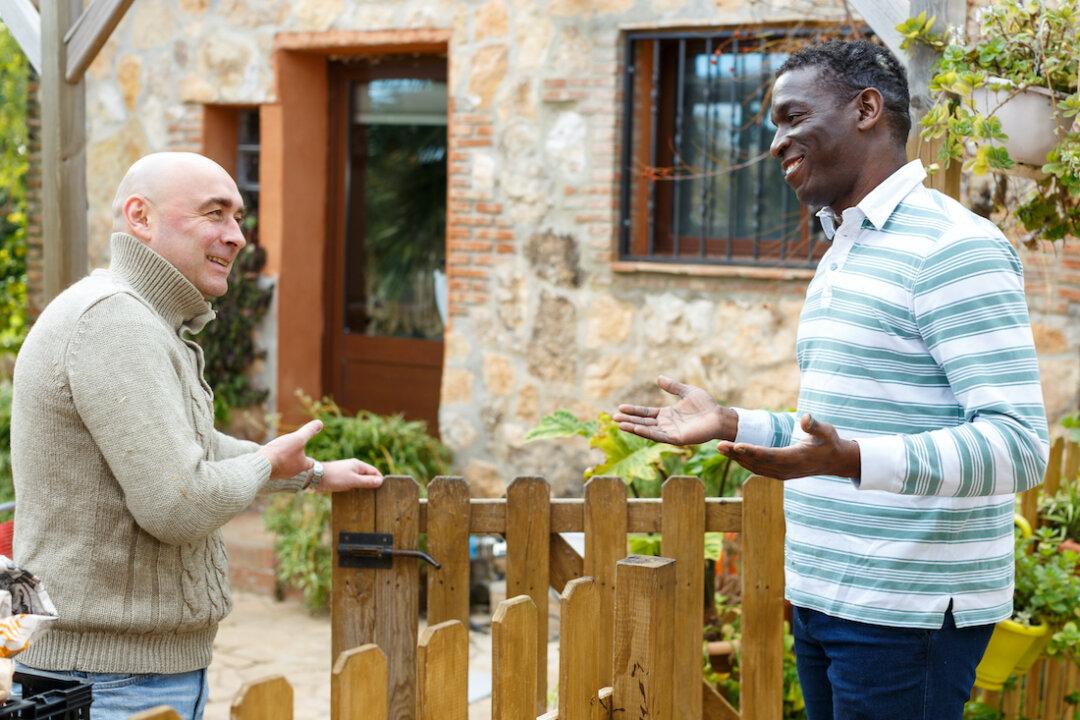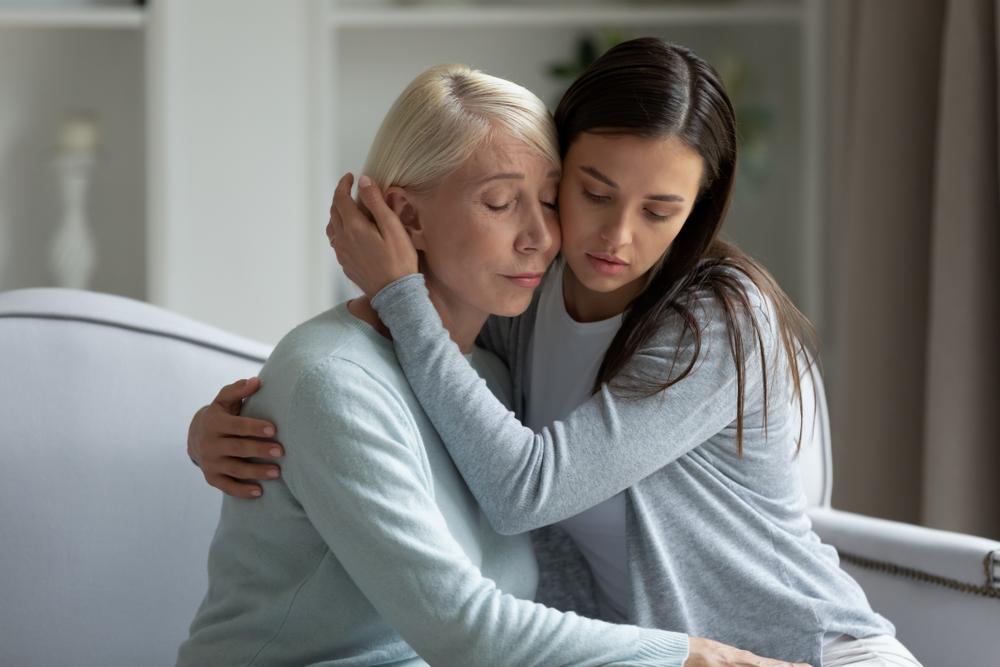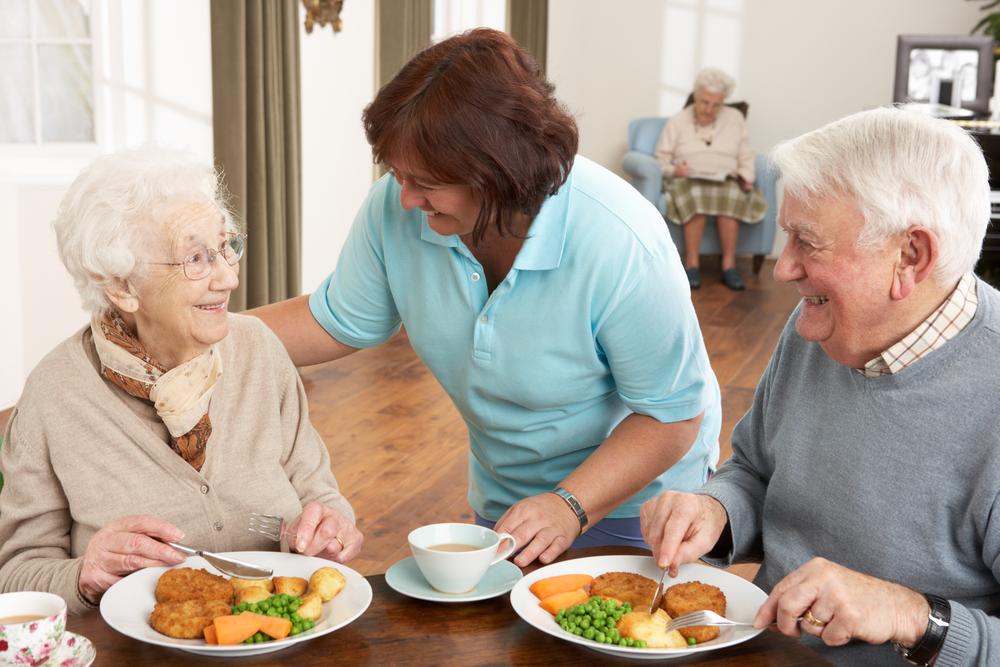Yet, many people have consciously sought out silver linings from their experience, perhaps helping them to endure during this difficult time. Personally, I’ve come to value relationships more, reached out to help others, spent more time in nature, and experienced more meaning in life. I’ve also thought more about how I lived my life before COVID and what might be worth jettisoning in its aftermath.
Can Any Good Come of Our COVID Lockdowns?
For some people, the pandemic has been a chance to realize post-traumatic growth

The lockdowns gave some people more time to connect
with their neighbors.BearFotos/Shutterstock
|Updated:




